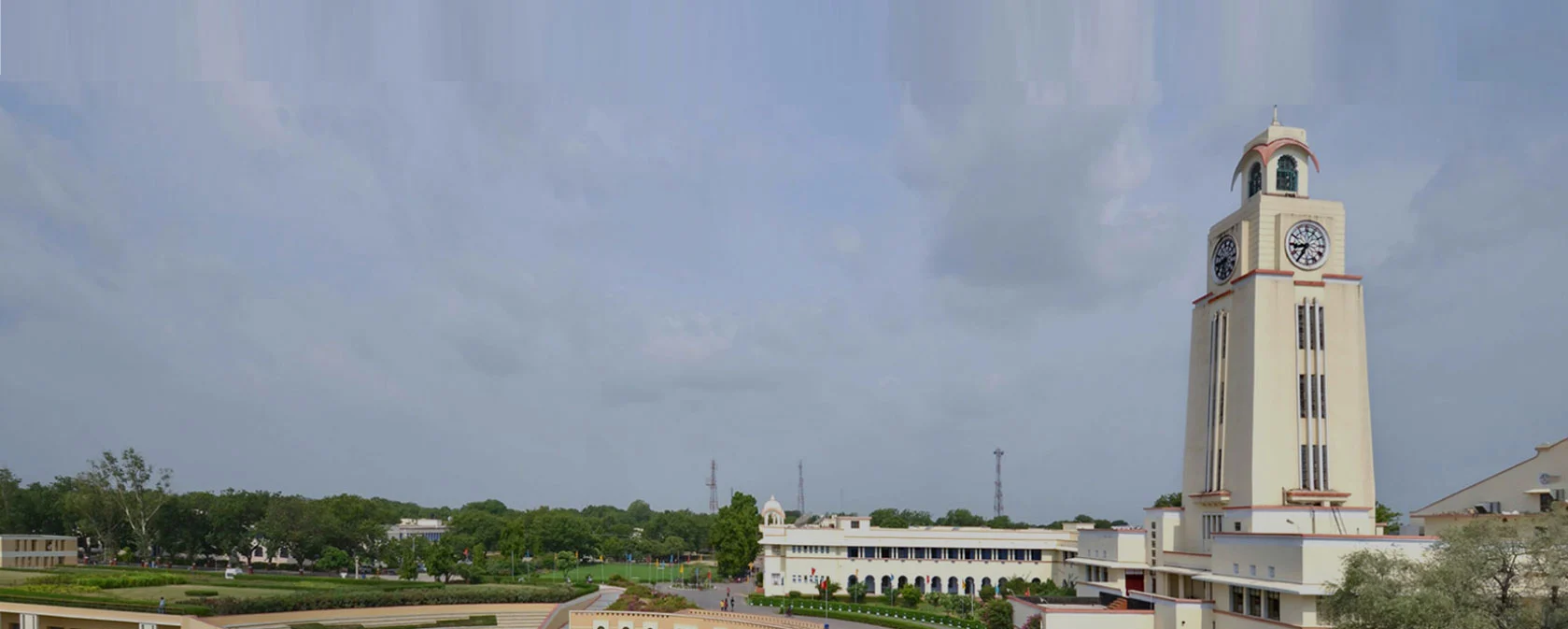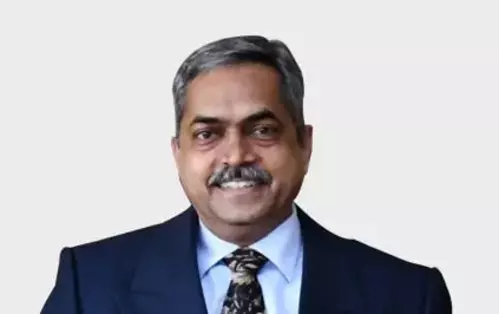Pilani Campus


We are Birla Institute of Technology and Science, Pilani (BITS Pilani), one of India’s leading higher education institutes and a deemed university under Sec. 3 of the UGC act. Our campus at Pilani (Rajasthan) was set up in technical collaboration with MIT (USA), under the Ford Foundation Grant and later was deemed to be a university in 1964.
Covered with wooded paths and spread over 328 acres, the campus is self-contained and houses all the amenities and buildings that befit an institute of international standards. The programmes are fully residential with 11 hostels for boys and one hostel complex for girls. Around 4500 students live on campus along with 350 faculty members, their family and a vast pool of support staff.
The campus also boasts a magnificent library complex with a floor area of 65,000 sq. ft and a rich collection of about 2,30,000 volumes of books and manuscripts.
An intellectual powerhouse, the campus has successfully attracted healthy amounts of research funding from government grants and private bodies. The research facilities arewide-rangingg, with a number of laboratories, focused on all aspects of science and technology. The campus boasts a state-of-the-art network that provides connectivity to the entire institute.
No. 1
Technical Institute in non-Govt. category by India Today
Top 2
In Pharmacy Category by the QS India Ranking
60 Years
completing in the service of Nation
IOE
Recognized As An Institution Of Eminence By Govt. Of India
In Top 8
University Graduate QS India Employability Ranking 2022
800+
startups 14 Unicorn & 01 Decacorn
125 crore
of DST Grant on NMICPS
200 M
Engaged to create vibrant Entrepreneurship & Innovation eco-system
Training the future of innovation
Our commitment to transparency and stress on equal opportunity has been a key contributing factor behind our emergence as an institute of national repute, our rigorous intake process rewards only merit and ensures that only truly motivated students join us. Our curriculum is continuously being innovated and refreshed to reflect the latest developments in technology and trends within the industry. Pure academics are supplemented by pervasive industry engagement and every student is exposed to practical applications of classroom knowledge under a structured semester-long engagement programme.
BITS Vision for leaders of change
BITS mission is to advance knowledge and educate students in science, technology, and other areas of scholarship that will best serve the nation and the world in the 21st century.
The Institute is committed to generating, disseminating, and preserving knowledge, and to working with others to bring this knowledge to bear on the world's great challenges. BITS is dedicated to providing its students with an education that combines rigorous academic study and the excitement of discovery with the support and intellectual stimulation of a diverse campus community. We seek to develop in each member of the BITS community the ability and passion to work wisely, creatively, and effectively for the betterment of humankind.
The pursuit of excellence requires a transparent and honest approach. At BITS Pilani, we have always believed this to be true and are one of the few top institutes in India to favour a ‘Merit Only’ based admission policy.
To ensure complete transparency in student intake in the undergraduate courses we have instituted BITSAT, a fully online exam. BITSAT tests students on their aptitude for Mathematics, Physics and Chemistry. BITSAT also has a section on English and Logical reasoning, thus becoming a complete analysis of a candidate’s intelligence and capability.
Director's Message

Prof. Sudhirkumar Barai
Director, BITS Pilani, Pilani Campus
BITS Pilani is a renowned institute offering higher education in the fields of science, engineering, pharmacy and management. A deemed university since 1964, BITS Pilani has a history spanning more than a century.
